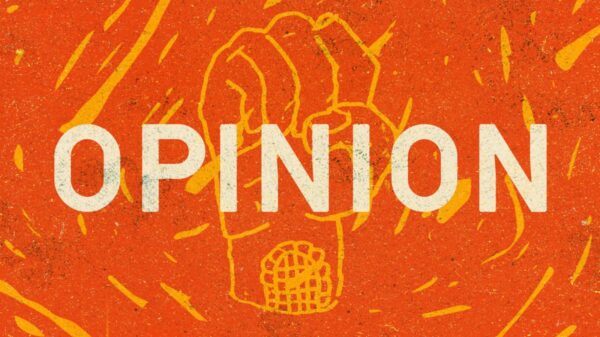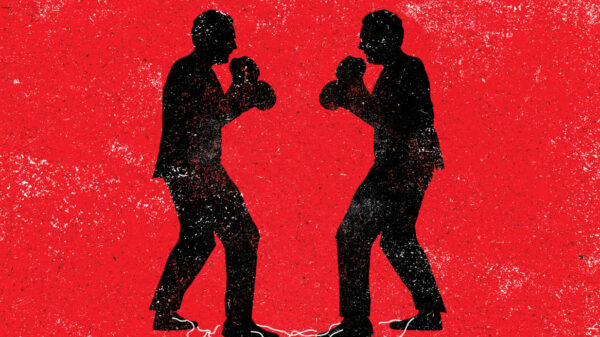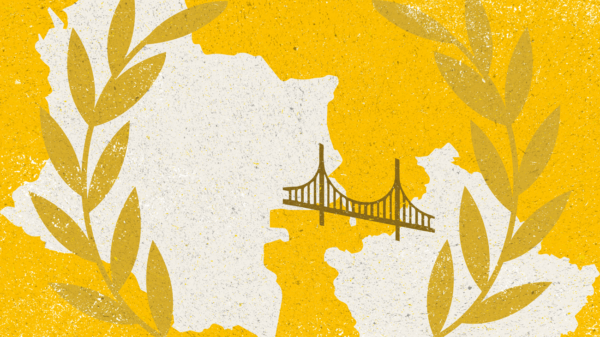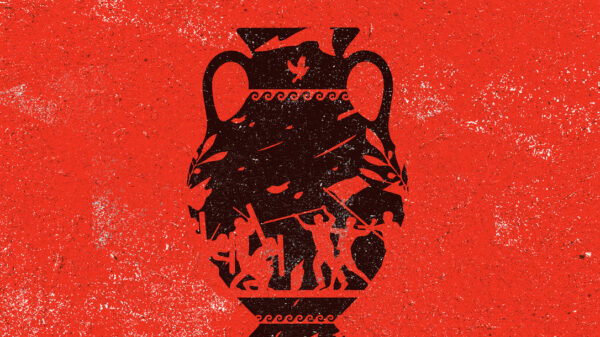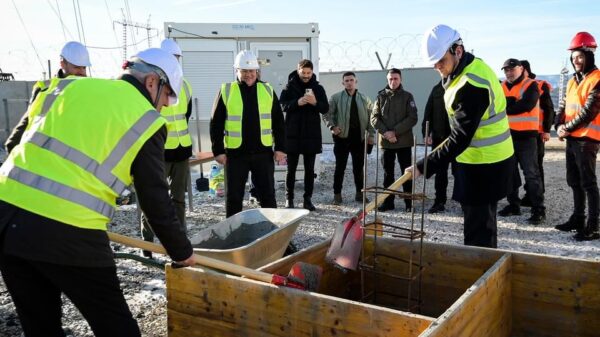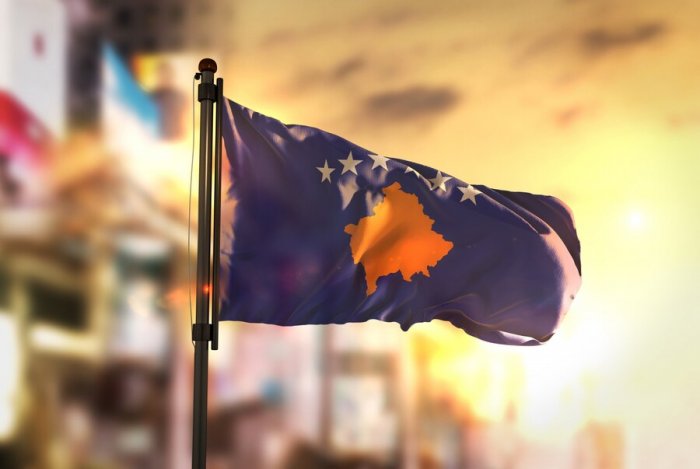Artikulli i përkthyer.
The recent attack in Banjska exposes clear evidence of Belgrade's direct involvement and support. Despite these facts, Serbian President Aleksandar Vucic refused to take responsibility.
The European Parliament adopted a resolution condemning the attack and urging Serbia to cooperate with investigations. However, this resolution must be followed by sanctions to hold Serbia accountable for its actions. Most importantly, this incident underscores the urgency of reassessing the EU's approach towards Serbia.
The attack in Banjska shows Belgrade’s direct involvement
The attack in Banjska on 24 September, carried by a group of heavily armed Serbs, resulted in the death of one Kosovo police officer and left another wounded.
Evidence shows that the group was coordinated and equipped with sophisticated military-grade weapons. An attack of this magnitude wouldn’t have been possible without the support and knowledge of Serbia.
According to the confiscated evidence, the paramilitaries trained at Pasulianske Livade, one of the Serbian army's key bases, just four days before the attack. Furthermore, drone footage showed that the attack was led by Milan Radoicic, who is also on the US blacklist for criminal activities.
Radoiçiq, former vice-head of the Serb List political party, admitted to leading the terrorist attack in the north of Kosovo. He has been detained in Serbia but released a day later. Instead of a month-long detention, his only punishment is that he has to report to a police station every two weeks and he is banned from going to Kosovo.
Considerable sasi të konsiderueshme armësh dhe municionesh were found following the attack, including some passing through Serbian state maintenance centers. Also, armë ushtarake të vitit 2021 – supplied by the Serbian army have been found.
The proof is visible and tangible and cannot be denied. However, despite the facts, Serbian President Aleksandar Vucic refused to take responsibility and announced a një ditë zie for the dead attackers instead.
How did the EU respond?
The EU’s response was swift by labeling the attack as a terrorist one and calling for all perpetrators to be brought to justice.
The EU parliament (EP) has recently adopted a rezolutë të përbashkët which acknowledges and condemns the terrorist attack carried out by Serb paramilitaries in the north of Kosovo and calls Serbia to fully cooperate with the investigations and to refrain from any further escalation which would undermine Kosovo’s constitutional order.
Furthermore, the document asks the EU to propose a new, innovative and balanced approach to the mediation between the parties to restore confidence in the process.
The EP resolution is an important step and is strong and straightforward. It acknowledges the gravity of what happened on the ground. Yet, the resolution must be followed up by sanctions. Serbia’s warmongering behavior must be punished.
The apparent calm after the 24 September attack must not let us believe that everything is settled. The recent terrorist attack and clear Belgrade's involvement marks the gravest escalation in Kosovo in the last decade. Also, it is reminiscent of scenarios Serbia used to start the wars in the 1990s.
What should the EU do?
The attack in the north of Kosovo is a reminder of how peace is still fragile in the region. The EU must reconsider its position towards Serbia seriously and act decisively.
The EU should stop channeling funds to Belgrade as long as the country does not fully commit itself to engage constructively and respect the normalization deal reached in March 2023.
Moreover, the EP resolution must be endorsed and approved by the Council of the European Union and the EU Commission. This would send a strong signal to Vucic that any destabilizing and aggressive efforts will be punished.
While the EP’s recent resolution is a positive sign, it is not enough in front of the gravity and seriousness of what happened on 24 September. Such a terrorist attack cannot be condoned. Thus, the EU must consider sanctions against Serbia.
Furthermore, Brussels must reconsider the format of the dialogue process because the current one is not working. Brussels should regain its credibility by pressuring the five EU member states that don’t recognize Kosovo to change their position and finally recognize Kosovo as an independent country. This would make it easier for the EU to mitigate a final settlement between Kosovo and Serbia.







